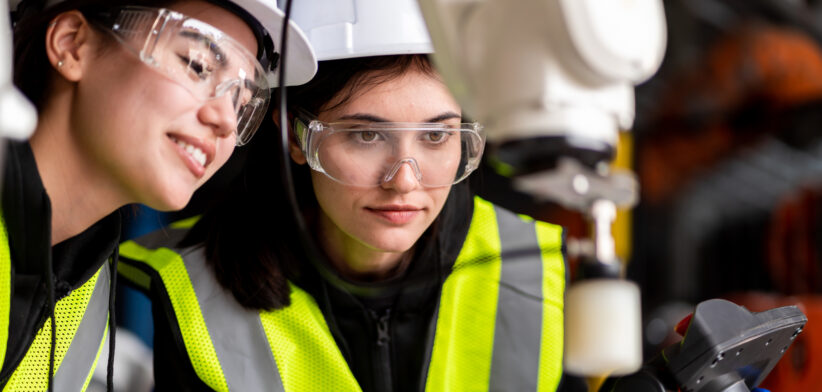There has been significant attention paid to the need to reskill humans in the digital high-tech era. Now, it seems, robots may need to do the same to avoid high-tech junk heaps.
A study by the University of Bristol and University of West England, published in Springer Nature, argues that robots should be repurposed and reprogrammed once their original life span is completed.
Bristol researcher Helen McGloin said the study sought to address the growing piles of e-waste produced globally.
“This research took experts from across the robotics field and asked them to create a new process to repurpose robots,” she said.
“Unique steps within the repurposing process highlighted the value of challenging the expectations of considering robots e-waste at the end of their useful life.”
The study report said only 17 percent of all electronic waste was currently recycled.
“Currently, robots and robotic systems are not classed as electronic waste (e-waste), however the authors have previously argued that they meet current definitions and will therefore be likely to be included in scope of e-waste in the future,” the report said.
“With this classification will come additional scrutiny of the robotics industry and the way it designs and plans end-of-life for electronic robotic products.”
Dr McGloin said the introduction of new robotic products in homes, schools and workplaces would only add to waste in the future.
“While recycling or storing robots may seem like an easy option to tackle electronic waste, it is so often miss-managed that alternatives must be sought,” she said.
“Alternative solutions, such as repurposing, face a variety of challenges before they can become readily implemented. This includes economic and environmental viability, and attitudes of both consumers and businesses towards second hand systems.
“The aim of our research is to assess these challenges and provide creative solutions which can be implemented by the robotics industry as it moves towards circular operating principles.”
The full paper is available here.








